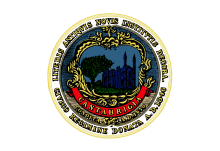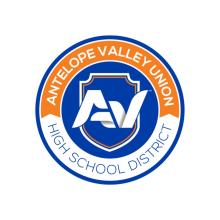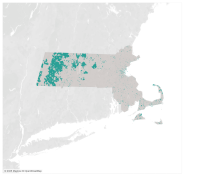
After years of discussing the possibility of building a city-wide municipal broadband network in the face of resistance from the city manager, the city of Cambridge, Boston’s next-door neighbor, is now getting serious about moving forward.
Followed by a budget stand-off in the spring of 2020 with City Councilors that brought the issue to a head, City Manager Louis DePasquale finally relented to the possibility being pushed by Upgrade Cambridge, a citizen-led group organized in 2018 to advocate for municipal broadband.
In October, the city that is home to MIT and Harvard University hired the consulting firm CTC Technology & Energy to conduct a comprehensive assessment of the digital landscape and present various business models Cambridge could pursue to bring its residents ubiquitous, reliable, and affordable high-speed Internet service as an alternative to the monopoly offerings of Comcast and Verizon DSL.

While Upgrade Cambridge founding member Roy Russell acknowledged DePasquale’s initial reluctance, he credits the soon-to-be-retiring city manager for coming around to the idea.
“With the pandemic and the money the federal government has supplied (for expanding access to broadband), he (DePasquale) has really stepped up,” Russell said when we spoke with him last week.
Comprehensive Assessment Underway
As it stands now, CTC is on track to complete its assessment by the fall of 2022. In early May, representatives of the consulting firm gave Upgrade Cambridge an update on where they are in the process. CTC reported a range of activities they are working on:
• Conducting site surveys and putting together a design and cost estimate
• Exploring business models
• Market analysis that includes a residential survey
• Planning engagement with business community
• Coordinating with Cambridge Housing Authority/affordable housing
CTC will analyze a half dozen models, including scenarios where this city of approximately 110,000 builds, owns and operates the network as a municipal Internet Service Provider (ISP); various kinds of public-private partnerships; and an open access model in which the city builds and owns the network but then leases it to multiple private ISPs to provide retail service.

Those models will then be evaluated in light of the city’s core four objectives: public ownership; local control; choice and competition; and minimizing financial risk.
In addition to the above analysis, CTC will also provide the city with various funding options that look at everything from using general property taxes or the city’s existing capital funds to federal and state grant sources.
When the city hired a different consultant in 2016 for a more limited look at the city’s digital landscape, that consultant suggested construction of a city-wide network might cost about $180 million to build.
Just Don’t Call It a ‘Feasibility Study’
In any case, Russell said, one thing he feels certain about is that it is “feasible” for Cambridge to build a municipal network, which is why he doesn’t like using the term “feasibility study” to describe what CTC is undertaking.
I think ‘feasibility study’ is misnamed because it’s entirely feasible to build a fiber network. There’s no question it could get built. Of course it will cost, but so does any infrastructure in the city. Cambridge has built about $500 million worth of school buildings.
Moreover, he noted, the city, which is an AAA bond rating, currently has about $300 million in “free cash” reserves and they are $200 million away from their Proposition 2½ levy ceiling.
That’s why, in part, Russell is confident the city can undertake this project and why the real challenge moving forward is one of perspective and framing:
“Unfortunately, there’s been a lot of discussion around risk. But when you build a school you don’t analyze the risk. The risks are mitigated by the project manager and planned contingencies. When you do normal city projects there is no real discussion of risks but when it comes to muni broadband too many people want to talk about risk, which frames the discussion in a negative way and puts opponents in control. We need to try to figure out how to shift the conversation from ‘if’ we move ahead to ‘how’ we move ahead because in reality, it’s not if – it’s how.”
Inline image of Harvard Square courtesy of Wikimedia Commons, Attribution-ShareAlike 4.0 International (CC BY-SA 4.0)







